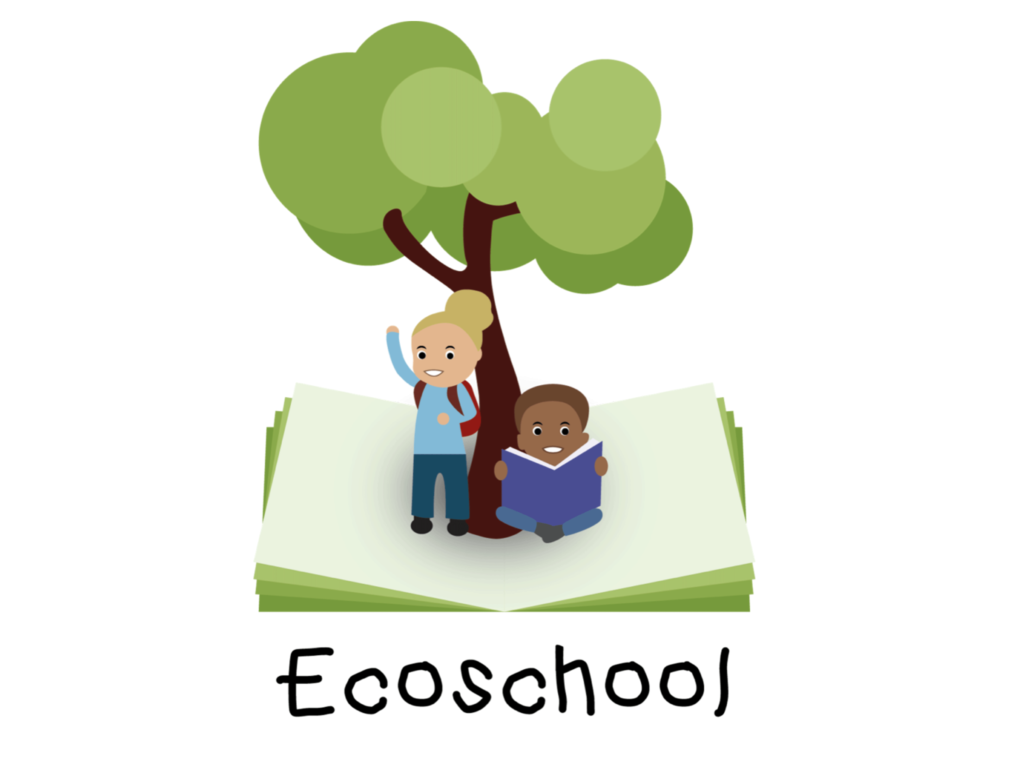Project: Ecoschools
The unprecedented growth of material wealth over the past two decades has also led to an unprecedented fall in global resources and an extreme increase in CO2 in the atmosphere that has led to global climate change. The global ecological footprint is in excess (where resource demand per person exceeds available resources) and the world is struggling to limit global warming to the 1.5 degree goal.
The ecological and social effects associated with our current lifestyle and consumption patterns have made an important contribution to trends that are not sustainable.
Making sustainable lifestyles possible requires more than promoting green consumerism. Sustainable living goes further than consuming the most sustainable material goods and / or services, in redesigning ways of living, feeling, communicating and thinking. For example: personal and collective attitudes; how values are established during life; how we interact and execute transactions in the economic system; how our cities and education systems provide the infrastructure and skills for lifestyles that support more sustainable societies.
Raising awareness, deepening knowledge and building sustainable living must start at the local level and the best medium to achieve this is through the schools in Suriname.
While the twig is bent, the tree is tilted!
The key in this project will be to involve students, teachers and their communities in deepening their understanding and knowledge of sustainable lifestyles and how to integrate these lifestyles into their daily routine and activities.
The areas in which this can be done are:
- Build a shared vision on sustainable schools: achieve a common framework for understanding sustainable lifestyles through a multidisciplinary approach;
- Integration of sustainable lifestyle principles and practices into school curricula;
- Capacity building for greening the learning process and learning environments;
- Give teachers, students and communities the opportunity to adopt a sustainable lifestyle through active participation and education.
The shared vision of the concept of sustainable schools will be discussed through national workshops, consultation sessions and road shows. These workshops, sessions and road shows are held in all districts of Suriname. These 10 districts are: Paramaribo, Commewijne, Para, Saramacca, Coronie, Nickerie, Marowijne, Brokopondo, Sipaliwinie, Wanica
Activities in Suriname will be undertaken to implement plans in 6 schools to increase their sustainability. In addition, links will be made to the Basic Life Skills and Education project of the Ministry of Education, Science and Culture (MINOWC). In this way the children learn skills to cope with social changes. As a result, they are expected to have critical thinking, problem-solving and social skills, and show creative thinking. The trinity approach that focuses on the student, teacher and parent environment contributes to the success of the project.
The curriculum of the Basic Life Skills and Education project comprises 31 lessons spread over five themes that teach students knowledge, skills and attitudes to work on their personal development, to solve problems more effectively, to think critically and to communicate effectively. This curriculum can be expanded with the training material developed for this project in search of sustainable schools. This can be done by adapting the training material / lessons from the project looking for sustainable schools in the curriculum of the Basic Life Skills and Education project.
For more information, visit the website Ecoschool Suriname



